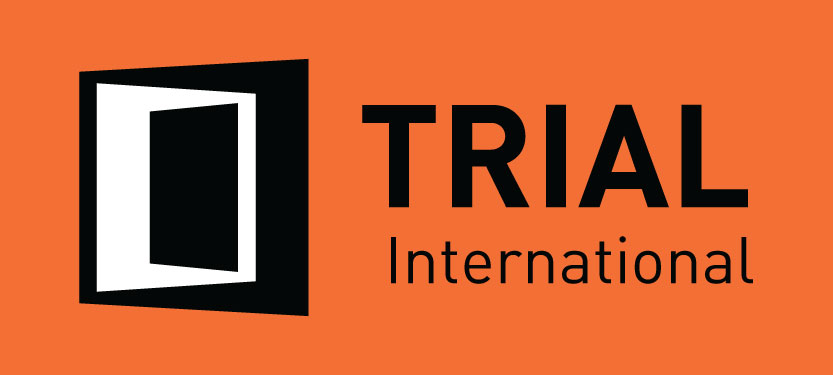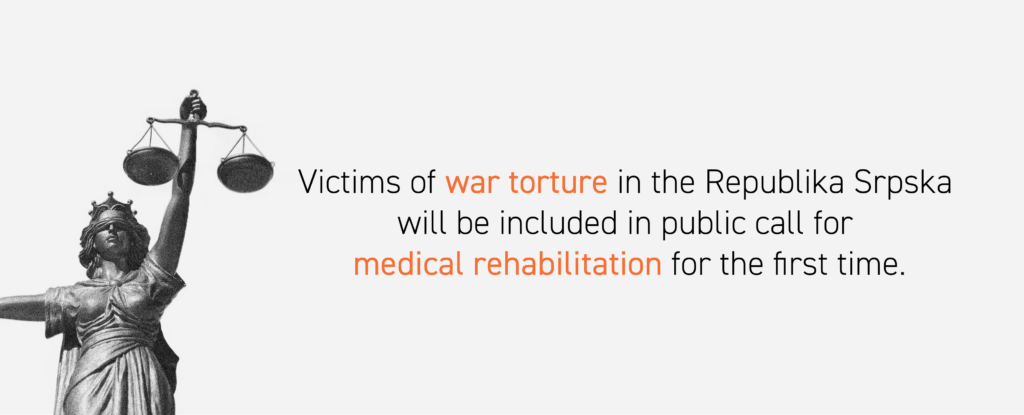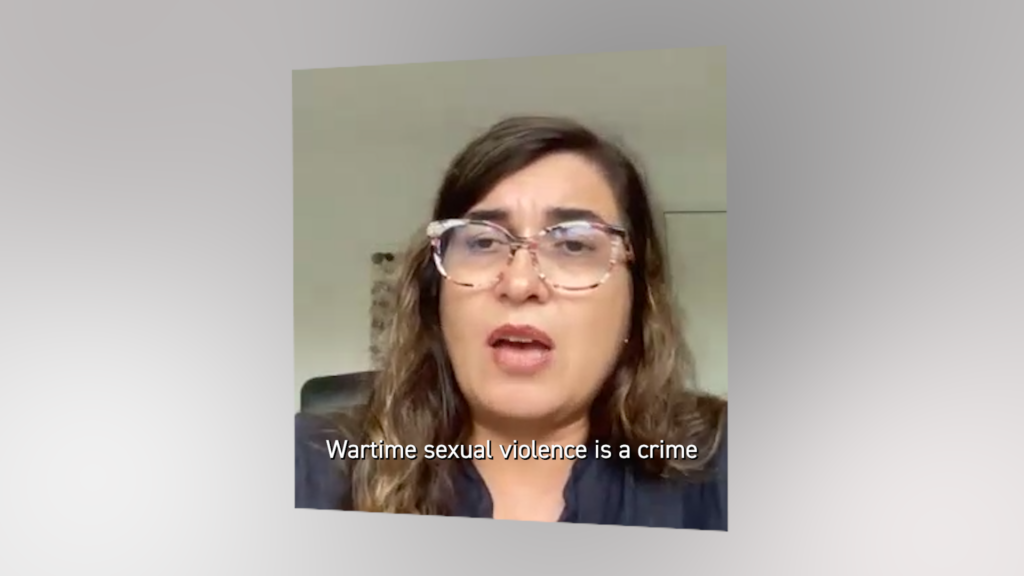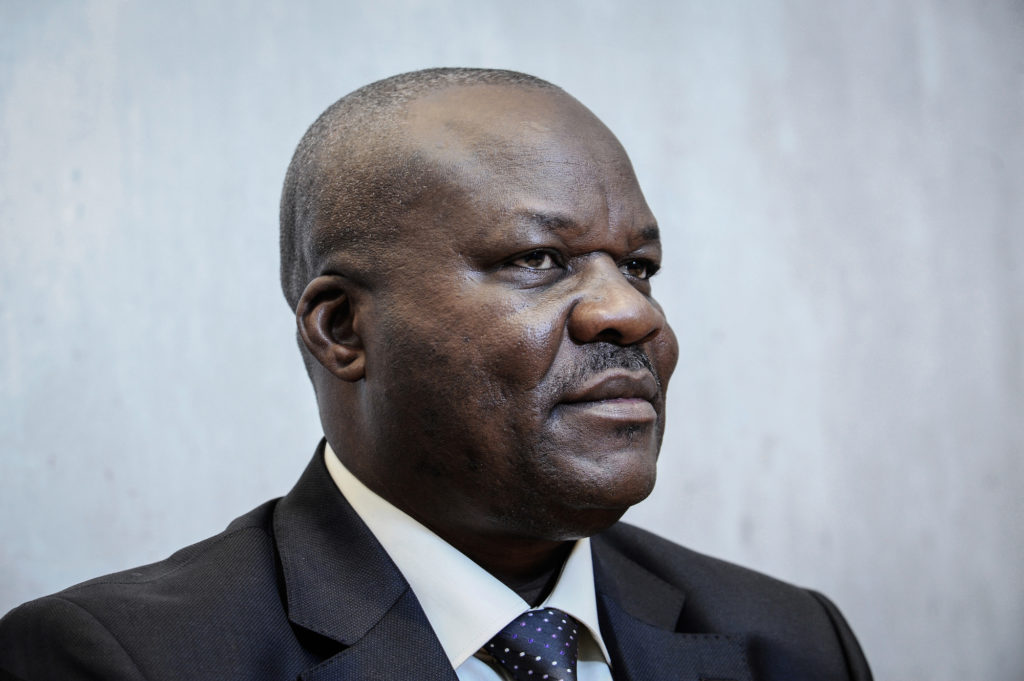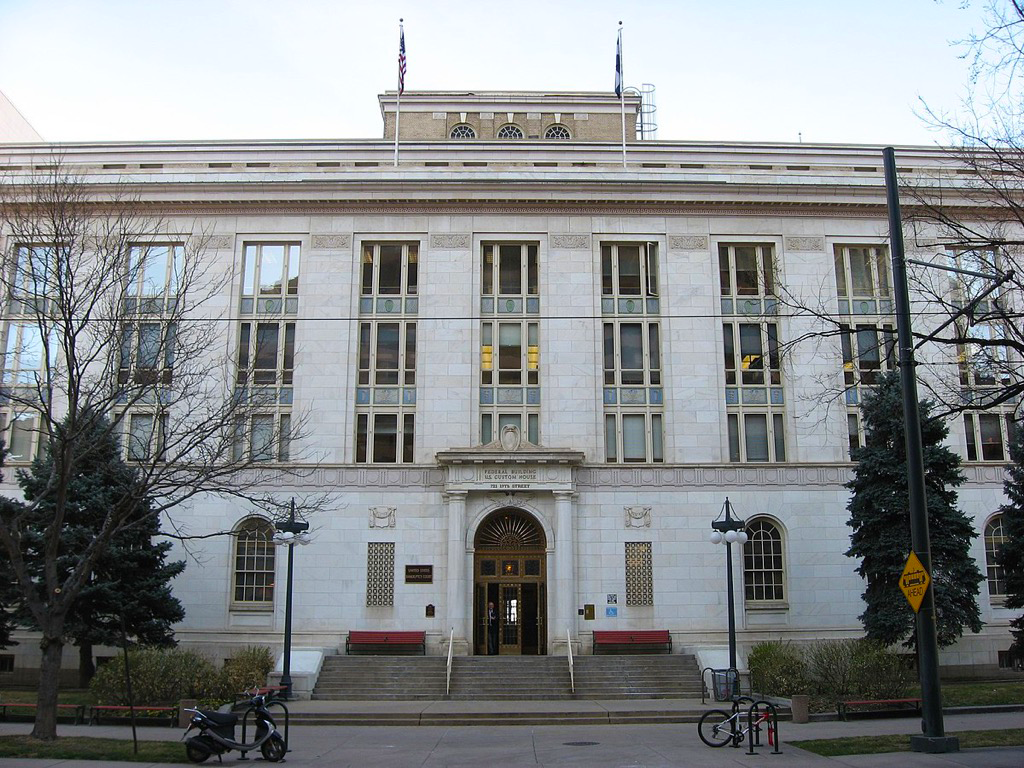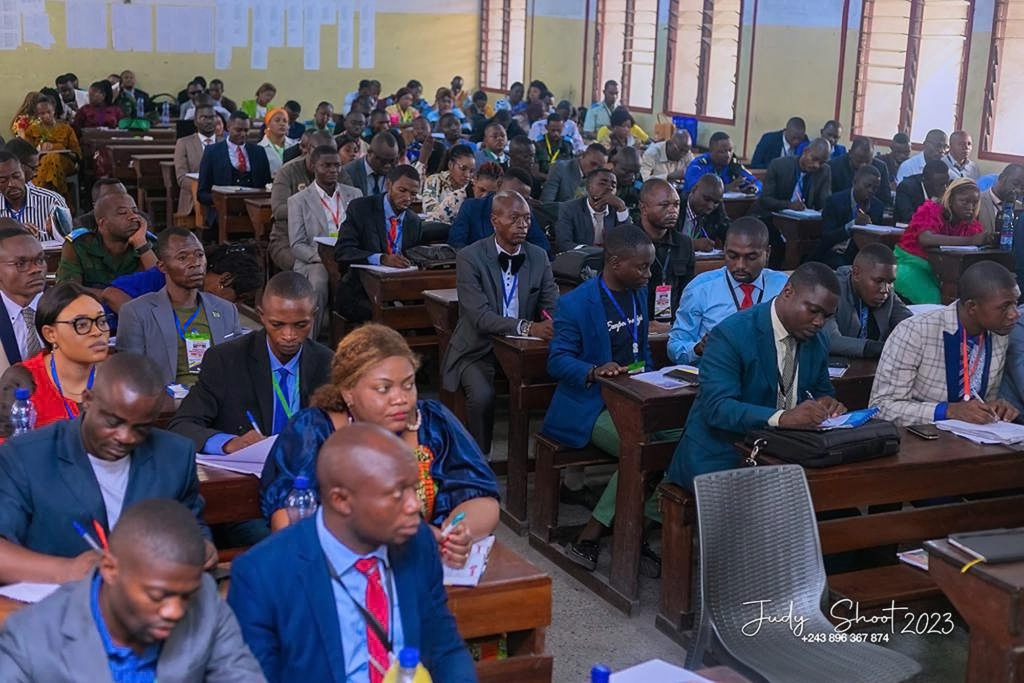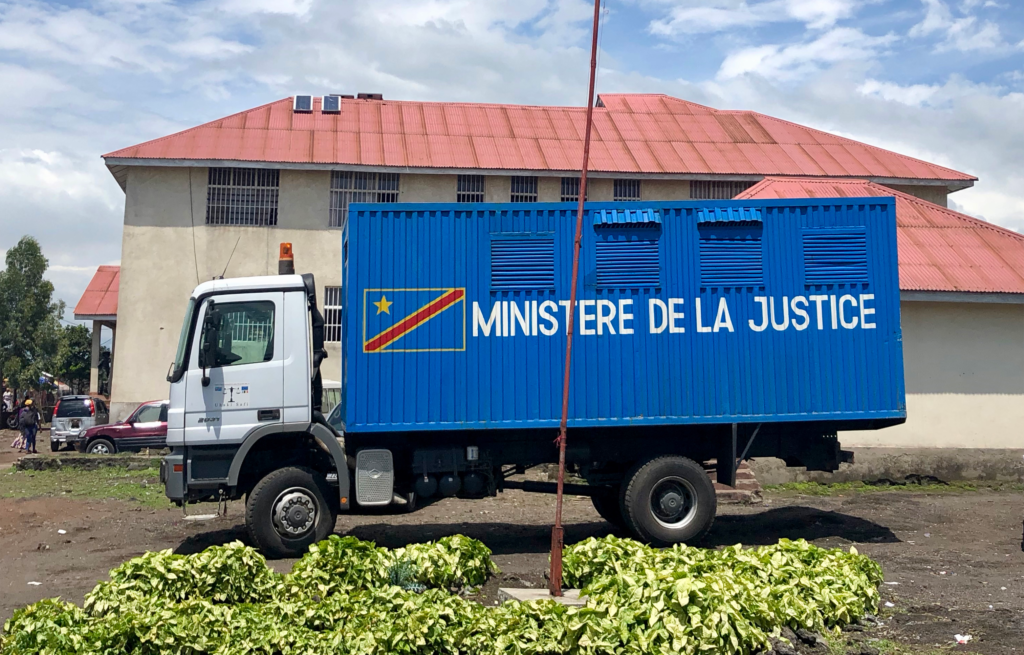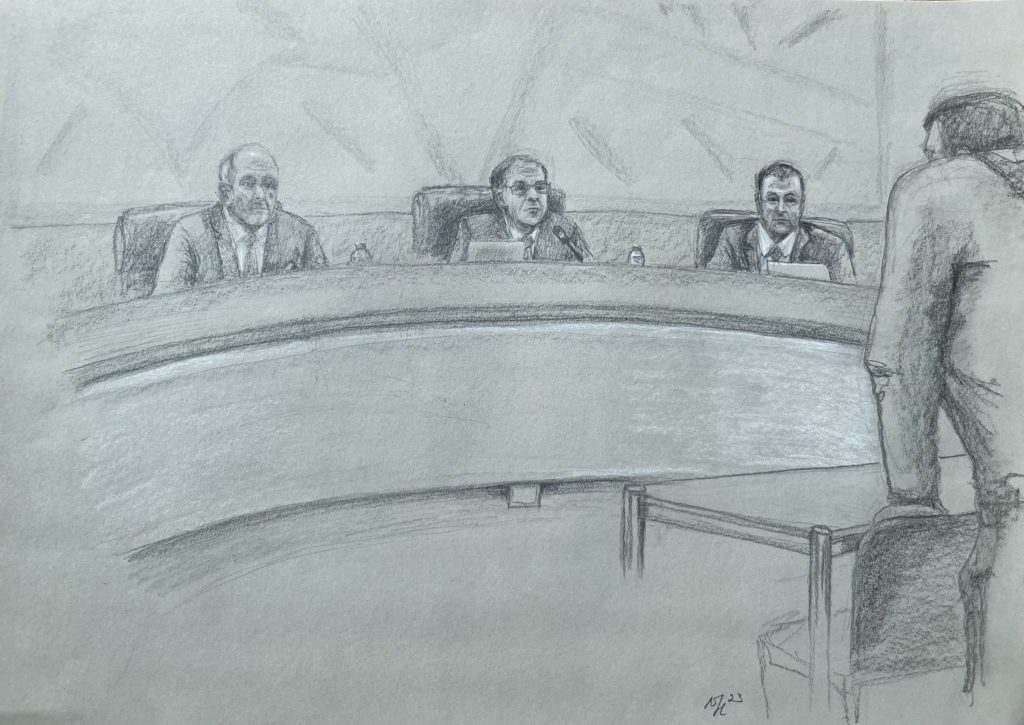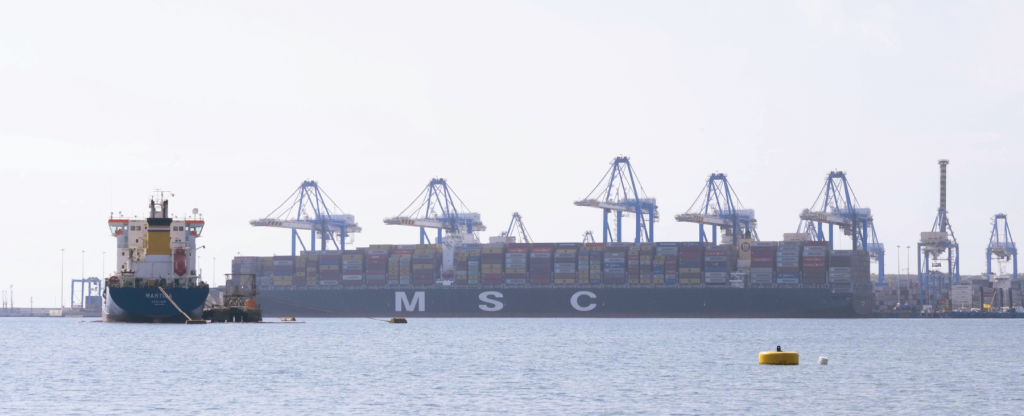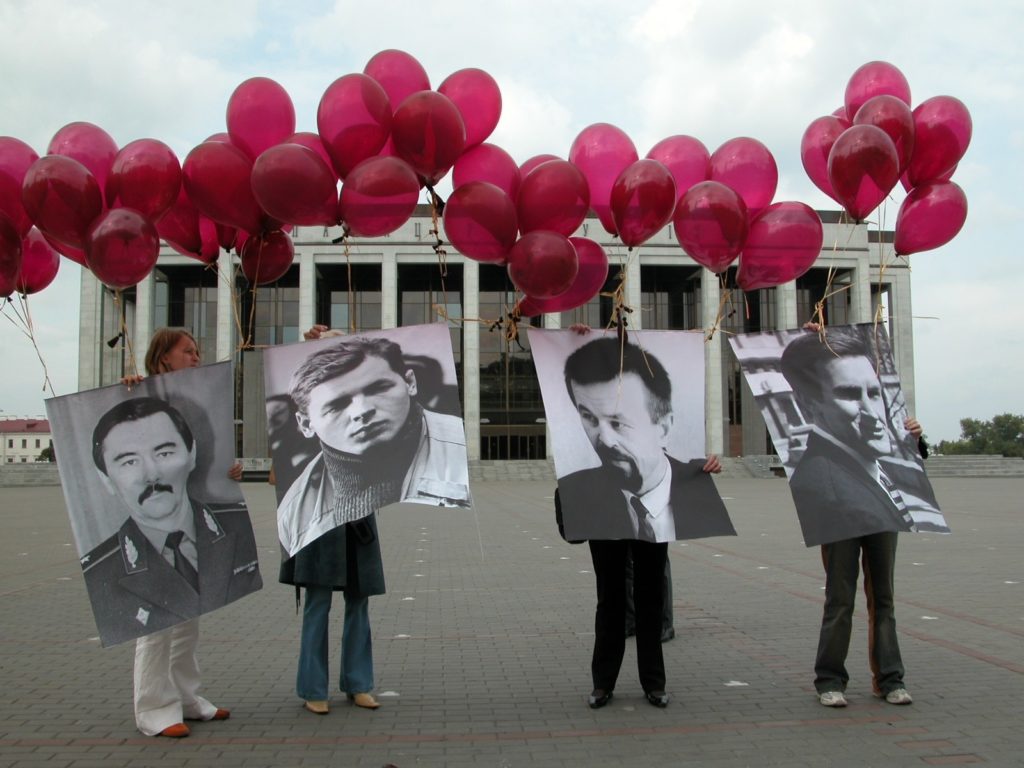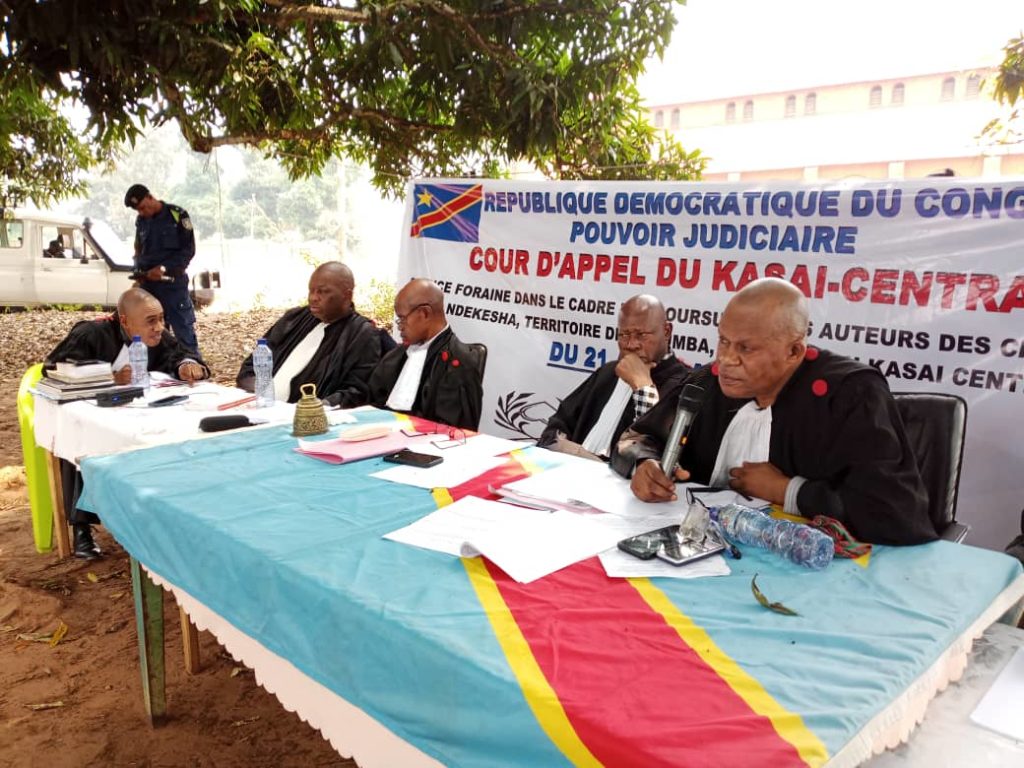The 13th February marks the 28th anniversary of the beginning of the civil war in Nepal which lasted 10 years. However, 18 years after the Peace Accord, victims have yet to receive justice.
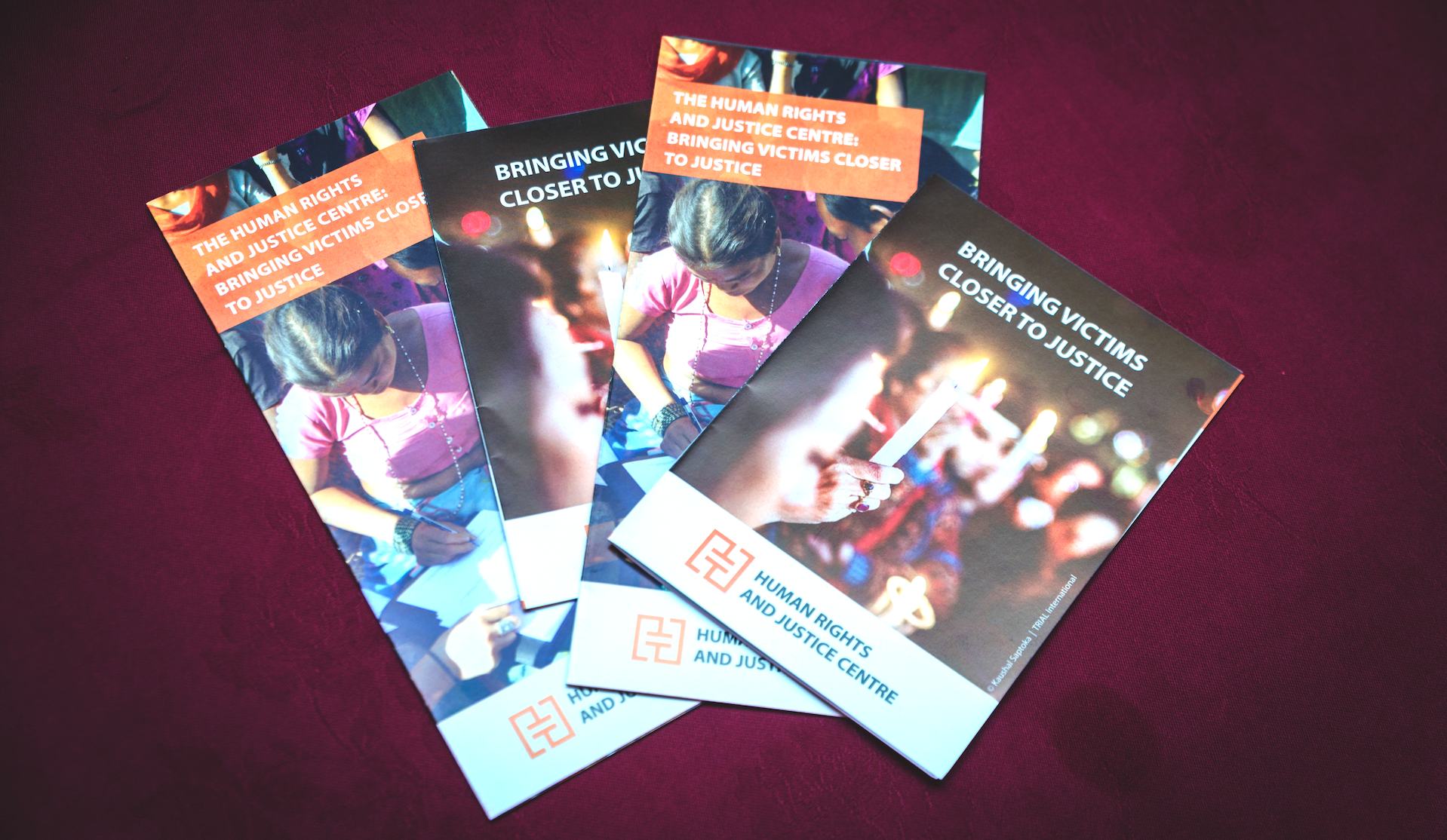
Launch of the Human Rights Justice Center in January 2018, Kathmandu – © Robic Upadhayay
The Nepal Civil War, also known as the Maoist Insurgency, was a protracted armed conflict that spanned from 1996 to 2006 in Nepal. It emerged as a result of the Communist Party of Nepal (Maoist) seeking to overthrow the constitutional monarchy and establish instead a people’s republic. The conflict led to widespread violence, resulting in thousands of casualties as well as numerous war crimes and crimes against humanity, including sexual violence, enforced disappearances, extra-judicial killings and torture. The insurgency ended with the signing of the Comprehensive Peace Accord in 2006, which led to the abolition of the monarchy and the establishment of a federal democratic republic in Nepal.
TRIAL International worked in Nepal until 2022 and contributed to the establishment in 2017 of Human Rights and Justice Centre (HRJC), a Nepalese human rights organization. HRJC is committed to pursue the work initiated by TRIAL International by improving access to justice for victims of the worst atrocities, including torture, enforced disappearances, extrajudicial executions, and sexual violence.
Significant challenges persist in Nepal’s transitional justice efforts
As of today, the UN Human Rights Committee has rendered 29 decisions on human rights violations in Nepal, most of them conflict-related. Unfortunately, “the decisions of Human Rights bodies, such as the UN Human Rights Committee on Nepal are not implemented” explained Salina Kafle, Executive Director of HRJC.
“Although the government had verbally expressed their intention to address serious violations at the end of the war, very little has been done.” Impunity is still rampant and “not a single case of serious human rights violations has been investigated and prosecuted in line with international standards.”
In the absence of functioning national mechanisms and legal framework or political willpower, the perpetrators of these violations are still at large while victims suffer in silence.
Despite the establishment of transitional justice mechanisms by the government in 2015, significant challenges persist due to the flawed legislation known as the “Enforced Disappearances Inquiry, Truth and Reconciliation Commission Act” (TRC Act). This legislation has drawn criticism from numerous UN experts and has been deemed inconsistent with international legal norms by the Supreme Court. In March 2023, an amendment bill to the TRC Act was presented to the parliament but substantial progress has yet to be made.
Facilitating justice for victims of human rights violations in Nepal
HRJC primarily focuses on two pillars: litigation and capacity building. It provides legal advice and, through a network of trusted human right lawyers, litigates on behalf of victims and survivors of gross human rights violations notably before international jurisdictions.
As of 2022,
- 96 victims and survivors in Nepal had been represented at the national and international level.
- 24 cases were submitted before national jurisdictions and 38 cases were brought before international jurisdictions.
- Over 1200 lawyers, human right defenders and other professionals and volunteers were trained by TRIAL International and the HRJC.
